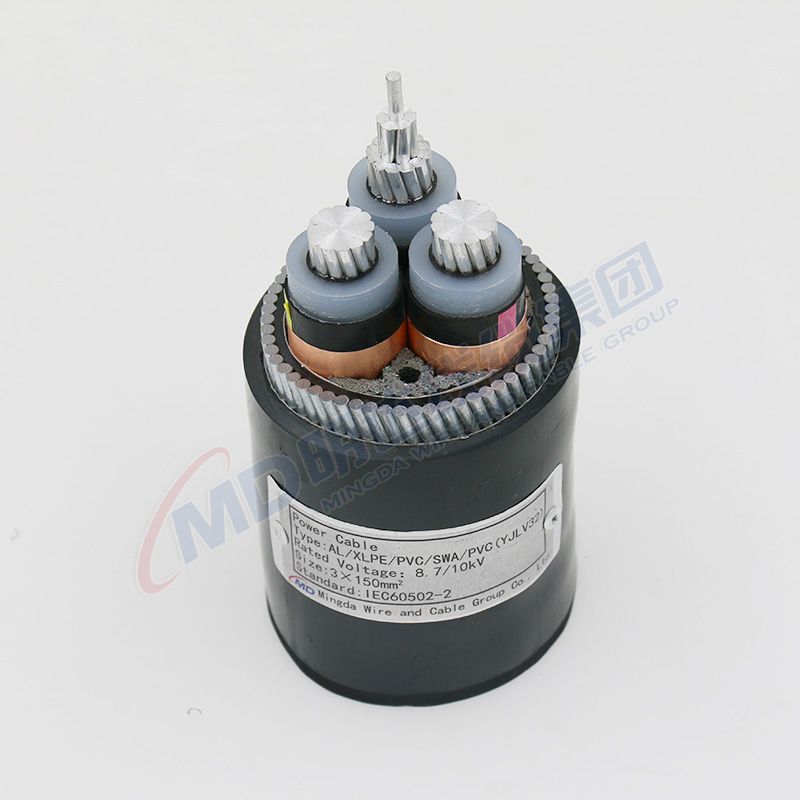9 月 . 25, 2024 14:48 Back to list
actuated valve
The Role and Significance of Actuated Valves in Modern Industry
Actuated valves are critical components within various industrial processes, serving as the primary means of regulating fluid flow within systems. As industries evolve with the advancement of automation and control technologies, understanding the mechanics, applications, and benefits of actuated valves becomes essential.
What Are Actuated Valves?
An actuated valve consists of a valve body and an actuator. The valve body is the mechanism that opens, closes, or partially obstructs the flow of fluids, while the actuator is the device that controls the valve's movement. Actuators can be powered by electricity, hydraulics, or pneumatics, allowing for precise control over the flow of liquids and gases. This versatility in actuation technology enables the valves to be integrated into various automation systems, making them invaluable in process control.
Types of Actuators
The choice of actuator usually depends on the application requirements. Here are the common types
1. Electric Actuators These use electric motors to operate valves. They are known for their precision and ease of integration with digital control systems. Electric actuators are commonly chosen for their low maintenance requirements and their ability to provide accurate position control.
2. Pneumatic Actuators Using compressed air for operation, pneumatic actuators are favored for their rapid response times and the ability to handle large flows. They are commonly used in environments where quick actions are necessary, such as in process industries.
3. Hydraulic Actuators These provide greater force and are generally used in heavy-duty applications. They are ideal for large valves in high-pressure scenarios, such as in oil and gas industries, where powerful actuation is essential.
Applications of Actuated Valves
Actuated valves have a wide range of applications across diverse industries, including
- Water and Wastewater Treatment Actuated valves control the flow of water and wastewater through treatment plants, ensuring proper management and treatment of these resources. They can quickly respond to changes in demand or process needs, improving overall efficiency.
actuated valve

- Oil and Gas In this sector, actuated valves manage the flow of crude oil, natural gas, and other fluids. Their ability to operate in extreme conditions and provide fail-safe mechanisms is critical for safety and reliability.
- Chemical Processing In chemical manufacturing, precise control over flow rates and pressures is crucial. Actuated valves help maintain optimal operating conditions, enhancing safety and efficiency while minimizing the risk of chemical spills.
- HVAC Systems Actuated valves regulate the flow of air and fluids in heating, ventilation, and air conditioning systems. They play a vital role in maintaining temperature and comfort levels in buildings, contributing to energy efficiency.
Advantages of Actuated Valves
The integration of actuated valves in industrial processes offers several benefits
- Automation One of the most significant advantages is the automation of processes. Actuated valves can be controlled remotely and precisely, reducing human intervention and allowing for continuous operation.
- Efficiency These valves can respond quickly to changes in system pressures and flow demands, leading to improved operational efficiency. By minimizing leakage and optimizing the flow rates, they help in conserving resources.
- Safety Many actuated valves are designed with safety features that automatically shut off the flow in the event of a failure. This is particularly important in hazardous environments where the risk of leaks or spills can pose serious risks.
- Cost-Effectiveness Although the initial investment in actuated valves may be higher compared to manual valves, the long-term savings achieved through automation, reduced waste, and increased efficiency often offset these costs.
Conclusion
In conclusion, actuated valves play a pivotal role in modern industrial processes, enhancing efficiency, safety, and reliability across various applications. Their diverse types of actuators allow for tailored solutions that meet the specific demands of different industries. As automation continues to advance, the importance of actuated valves will only grow, making them indispensable in the quest for more efficient and safe industrial operations. By understanding their functionality and significance, industries can leverage actuated valves to drive innovation and productivity.
Share
-
Understanding the Differences Between Wafer Type Butterfly Valve and Lugged Butterfly ValveNewsOct.25,2024
-
The Efficiency of Wafer Type Butterfly Valve and Lugged Butterfly ValveNewsOct.25,2024
-
The Ultimate Guide to Industrial Swing Check Valve: Performance, Installation, and MaintenanceNewsOct.25,2024
-
Superior Performance with Industrial Swing Check Valve: The Essential Valve for Any SystemNewsOct.25,2024
-
Industrial Swing Check Valve: The Ideal Solution for Flow ControlNewsOct.25,2024
-
You Need to Know About Industrial Swing Check Valve: Functionality, Scope, and PerformanceNewsOct.25,2024